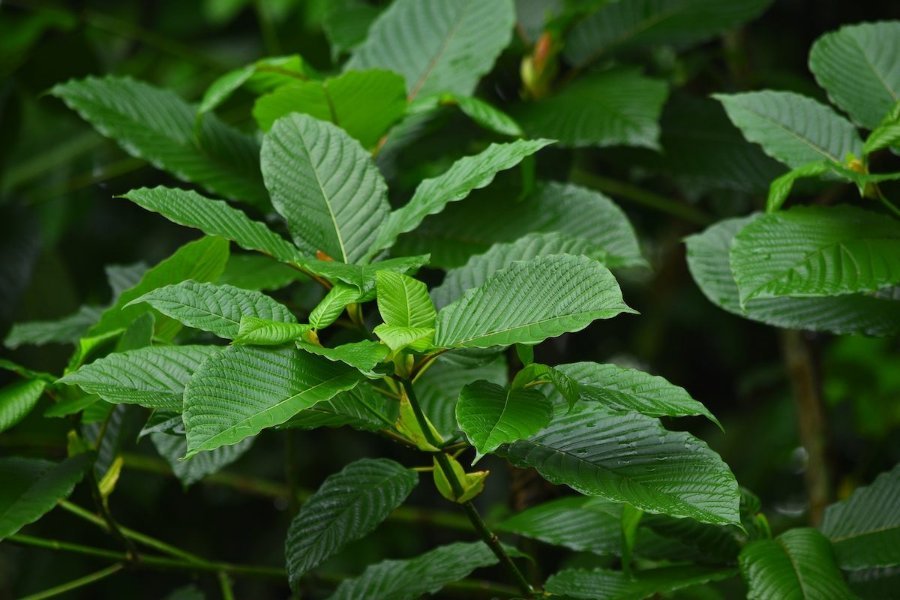BANGKOK, Thailand — The Office of the Narcotics Control Board (ONCB) has begun enforcing new regulations that prohibit the sale of kratom near educational institutions and in public areas, effective October 12. The measures are designed to regulate the kratom market and safeguard young people, with fines of up to 50,000 baht for violations.
Regulatory Background and Official Statements
The new rules follow directives from the Justice and Public Health ministries. Under these regulations, the sale of kratom leaves and kratom-infused water is banned within 1,000 meters of schools and other educational institutions. Additionally, sales are not permitted in public spaces such as roadside stalls, and only authorized shops are allowed to distribute kratom products.
Pol Maj Gen Suriya Singhakamol, secretary-general of the ONCB, stated that the enforcement of these restrictions is a priority. “We are committed to ensuring these rules are implemented effectively to protect young people from potential misuse,” Suriya said. He has directed regional offices to monitor compliance closely.
Community Involvement and Market Impact
Authorities have encouraged community members to report any violations to the ONCB hotline, underscoring a collaborative approach to enforcement. Experts suggest that these regulations could help stabilize the kratom market while addressing ongoing public health concerns.
The ONCB has emphasized the need to balance the economic benefits of kratom as a cash crop with the responsibility to protect vulnerable groups, particularly children and adolescents. “Our goal is to ensure kratom remains a beneficial resource without compromising youth safety,” Suriya added.
Future Monitoring and Broader Implications
Officials plan to monitor the effectiveness of the new kratom regulations in the coming months. Authorities expect that increased compliance will support the dual objectives of responsible market oversight and youth protection.
The implementation of these measures reflects Thailand’s broader efforts to regulate emerging markets while prioritizing public health. The outcome of this policy may influence future approaches to similar substances both within the country and in the region.



